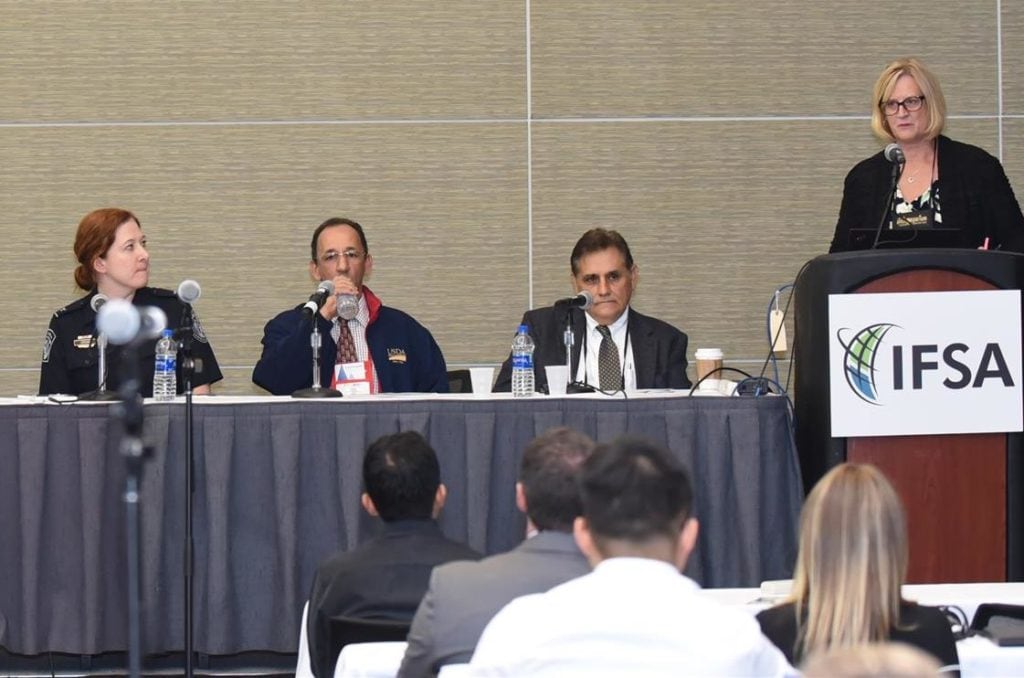IFSA Makes Positive Steps Regarding FSMA Legislation
Share

Hosted by the IFSA Government Affairs and Education Committee (GAEC), the second session of the in-flight services track kicked off with positive news from Jose Ceballos, national policy manager for the US Department of Agriculture’s Animal and Plant Health Inspection Service. The agency has responded to calls for the simplification of its safeguarding process and now, streamlined compliance agreements mean minimal disruption for airlines in terms of direct observation by US Customs and Border Protection.
But while steps are being taken to help the airline catering industry meet some legislation, others are still proving complicated. There was heavy discussion around the Food Service Modernization Act (FSMA), which is aimed at shifting the approach to foodborne illnesses by the US food safety system from reactive to preventative. It presents a challenge to the airline industry because it covers the entire foreign supply chain in terms of increased auditing and record-keeping.
.@USDA_APHIS has responded to the inflight services industry's request to improve its safeguarding process with its new Compliance Agreements. They've now gone from a 96-page template (!) & 3 checklists to a 10-page template and 1 checklist. Phew! #APEXEXPO
— Stephanie Taylor (@sgracetaylor) September 24, 2018
To help the industry navigate the requirements set by the FSMA, IFSA brought in Dean Davidson, who has 30 years of training and experience in food safety law with the US Food and Drug Administration (FDA), to work with the GAEC in producing a model food safety plan. Davidson revealed that IFSA eventually hopes to include it as an appendix in its World Food Safety Guidelines document.
Meanwhile, Susanne Meyer, who is part of the IFSA EU Task Force Liaison, highlighted that the EU directive to ban the use of certain single-use plastics, such as drinking straws, stirrers and plastic cutlery, could have serious implications for the airline catering industry. Just as in the US, animal health legislation and hygiene requirements mean airlines have to treat materials that have come into contact with fresh foods, meat and poultry in a certain way. To this end, Mayer said airlines having to change the way they deal with cutlery could “cause all kinds of problems.”



